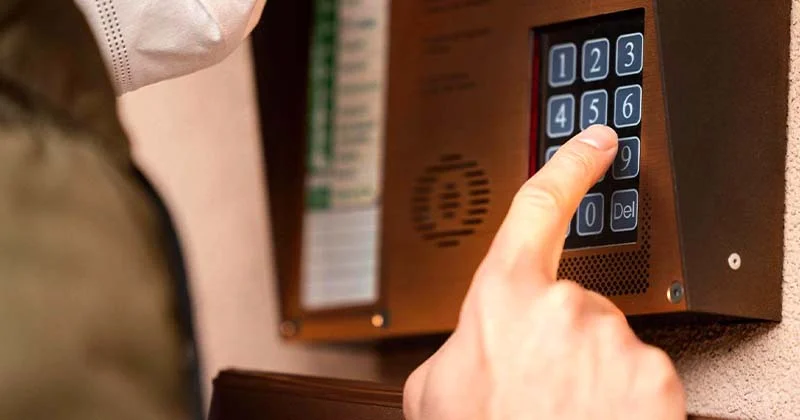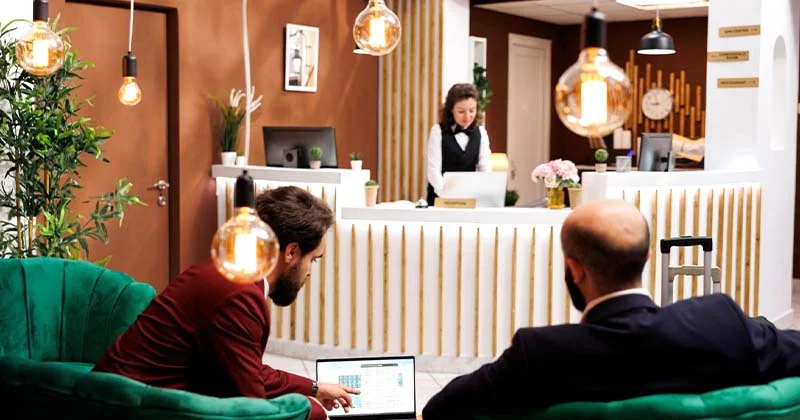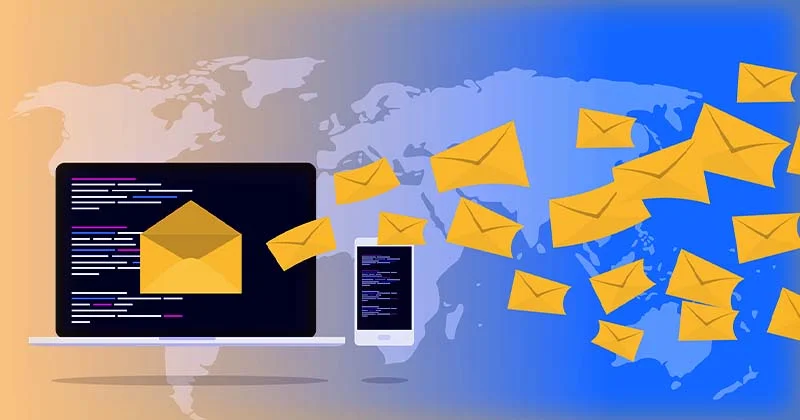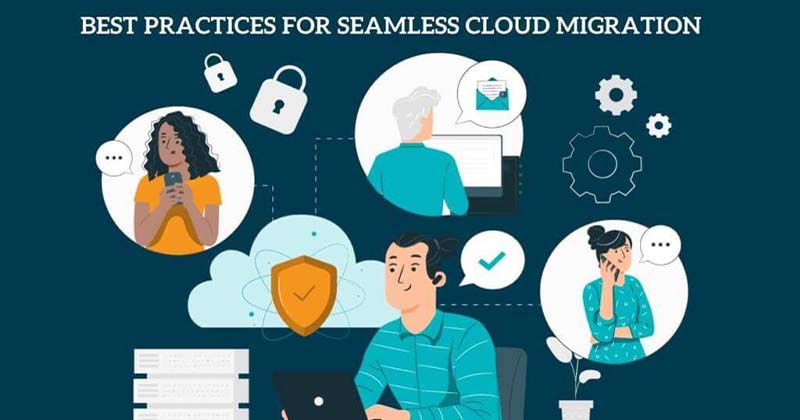Hotel businesses worldwide are evolving and moving towards digitization. However, with digital transformation comes the challenge of maintaining, processing and securing data. For example, if you are a hotel operating in a European country, compliance with GDPR becomes essential.
Similarly, different countries and regions have several data protection regulations that hotels must follow. This is also crucial as hotel customers provide private details while checking into your property. So, data leakages can impact user’s trust, leading to revenue losses.
A recent cyberattack on the MGM website has forced it to shut down all the internal networks across multiple hotels and casinos on the Los Angeles strip. This meant exposed data of several customers and to control the damage, it shut down the internal network.
Similarly, assessing the data security and risks becomes critical to ensuring higher user trust if you are a hospitality industry giant. This article focuses on how to evaluate hotel security and evaluate the best practices to follow. Let’s first understand the essential elements of hotel security.
What is a Hotel Security Assessment?
Hotel security assessment is a process to evaluate the security measures and best practices used to ensure a secure guest experience. It involves identifying and addressing potential risks through various measures such as access control, vehicle security, key management, video surveillance, fire safety and incident reporting.
The goal is to ensure that guests feel safe and secure during their stay and that any potential security issues are addressed promptly and effectively. Hotels offer hospitality services to millions of customers across different regions worldwide, and assessing their security involves:
- Inspecting physical security measures.
- Vulnerabilities of surveillance systems.
- Threat response systems.
- Data protection measures.
- Emergency procedures.
The ultimate goal is to ensure guests can avoid security issues during their stay. This also involves securing their communications network security and ensuring that hotel data is not exposed.
Every aspect of your hotel experience must be secure for customers, even the booking process. RedDoorz’s booking site data breach is a prime example of why security assessments must encompass every aspect of hospitality offerings. It caused over 5.9 million customer data leaks, becoming Singapore’s most significant data breach.
So, how can you avoid such security breaches?
This is where hotel security assessments become crucial, involving a thorough audit, analysis of security systems and checking data security measures. For example, securing the data becomes substantial if your hotel security assessments indicate issues with booking website security.
It secures the communication between the hotel database and the browser. However, you must first have a comprehensive assessment to identify critical security issues. So, let’s discuss a step-by-step approach to assess your hotel security and implement best practices.
Hotel Security Assessment Checklist
An exhaustive assessment checklist for your hotel will allow you to ensure a secure customer experience and reduce financial losses. Some essential elements of the hotel security assessments are:
#1. Access Control
Hotel access control involves two different types of controls. One is the physical access control to your hotel and the second is digital access control. So, you need to check whether access to your property is secure and, at the same time, ensure all digital access controls are active.
Digital access controls involve checking data privileges, video surveillance systems, swipe cards, and the financial information of guests.
#2. Asset Protection Assessments
Check for fire alarm systems, sensors, sprinklers, CCTVs and other critical security equipment health installed at different locations in the hotel. This is crucial because if this equipment fails to perform, it can lead to security issues for your guests.
#3. Threat Assessments
Hotel threat assessments involve identifying hazards such as exposed electrical wiring or system vulnerabilities that can disclose customer data. Further, threat assessments involve visualization, benchmarking of security protocols, risk evaluation and management.
#4. Training Requirements
Hotel human resources assessments are crucial not just to understand how the staff behaves in specific scenarios and whether they follow security best practices. You can have surveys across different departments of hotels and analyze what type of security practices the team uses.
Further, you can create training modules according to the survey data and ensure better hotel security.
#5. Reporting Mechanism
Other than practical training, auditing the database security, and checking on the data access control, ensuring an effective reporting mechanism is also essential. Your hotel security assessment checklist must include a reporting framework, effective channels, mechanisms, and active response units.
Implementing the assessment checklist leads to identifying key security issues and vulnerabilities. You can overcome all these issues by implementing hotel security best practices.
Hotel Security Best Practices
The safety of hotel guests and travelers requires thorough assessment and implementation of security best practices like:
#1. Ensure Authorization and Access Control
Data access control and authorizing access to sensitive information needs a secure mechanism. This is why implementing authorization and authentication approaches like multi-factor authentication(MFA) becomes crucial.

It adds a layer of security to existing mechanisms and ensures better protection for your hotel database. In MFA, users must enter details like email ID and password to log in, along with a passcode sent to their devices. This passcode adds an extra layer of security, ensuring the intended staff member or stakeholder has access to vital data.
However, implementing MFA does not mean using only a passcode; you can also leverage a login link, specific code, and passphrase. One of the most common MFA methods is 2FA or two-factor authentication.
#2. Use Encryptions for Data Protection
A significant threat to every hotel data infrastructure is a man-in-the-middle attack. Hackers gain access to data in transit between the user’s device and your servers during the booking process. Further, cyberattackers can exploit user credentials and sensitive information gained through MITM for malicious purposes.
One way to ensure hotel guest data is secure and there are no cyberattacks like MITM is to install an SSL certificate. It uses encryption technology to secure data in transit and rest while users attempt to book hotels or log in to your hotel website.
Similarly, if you have numerous primary domains, Subject Alternative Names(SAN) certificates are the best choice. Many platforms offer cheap SSL certificate. Choosing the correct CA and SSL certificate for your hotel website is crucial.
Apart from the official website of a CA, you can opt for an online SSL marketplace for certificates. However, researching the platform where you purchase an SSL certificate is crucial.
#3. Key Card Management
Hotel key cards, which guests and staff use to access the property physically, use RFID technology. Securing the RFID chips in your key cards is crucial for hotel security. Here are some essential tips to ensure access cards across your hotel:
Implement a Physical Activation Switch
Irrespective of the type of RFID technology you use, activating the software that controls the key cards requires someone to press a button. However, have a physical button rather than a digital switch to activate RFID cards.
Install Kill Codes for Each Tag
Developing an RFID system for your hotel requires associating tags with the cards. Tags contain sensitive data, which, if exposed, can cause massive security threats. The best way to secure such data is to introduce a kill code.
It wipes out all the data from the associated tags. Using the kill code and a tag, you can ensure security against hackers.
Combine Encryptions with Key Cards
You can leverage encryption technology to ensure RFID chip security. Assign a password for each tag and ensure that guests with that passcode can only access the property.
#4. Implement a Robust Surveillance System
Surveillance systems provide perimeter security for your hotel. This is about more than just upgrading CCTVs and needs a strategic plan to implement robust surveillance systems. You can leverage Artificial Intelligence algorithms to program surveillance systems and add features like facial recognition for enhanced security.
Another way to make your surveillance systems robust is by ensuring proper lighting across the hotel spaces and covering all the blind spots. Most importantly, you must have a map of all the critical surveillance points to ensure the security of the property.
#5. Leverage API Security for Hotel Security.
Hotels have several external and third-party services integrated to improve the guest experience. For example, hotel businesses need to handle large-scale bookings, and often, these organizations integrate third-party booking platforms. Ensuring data security and compliance with integrated third-party services can be challenging.
Take the example of Payment Card Industry Data Security Standard(PCI DSS)compliance, which requires organizations to ensure financial data security. This includes debit card details, online wallets, credit card details and other sensitive information of users.
If you use third-party services or applications for your hotel bookings, you must ensure compliance with PCI DSS. API security becomes crucial to ensure you comply with data regulation standards and there are no information leakages.
APIs or application programming interfaces help two heterogeneous systems connect for a specific function. In this case, the hotel’s systems and third-party services connect through API for booking transactions. Securing the APIs ensures that data exchanged across APIs is secure.
#6. Training your Staff for Hotel Security
Training your staff requires modules for physical and digital. You must design perimeter security, surveillance, and digital systems training modules. It involves training your staff for the physical safety of the hotel guests, property, and guests.
At the same time, you also need to prepare the hotel staff to use cybersecurity best practices. For example, if you use MFA for secure access to the database, ensure your training modules cover all aspects of the authentication mechanism.
Similarly, you must define role-based access protocols for your database and train the staff. Accordingly, role-based access control(RBAC) will ensure that only a specific task person will access the data.
This ensures that data access is secure and no unauthorized information leakages exist. Further, your training modules can also include RFID chip security aspects. It will help hotel staff manage critical card security and ensure better data protection.
#7. Ensure Rapid Threat Response
As a hotel business, there are physical threats, and then there are digital threats. So, you need a threat response team for both of them. However, you need to strategize the entire threat response for digital aspects of the hotel business.
This will involve the assessment of different cybersecurity threats, isolation of incidents, analysis of causes, and creation of a rapid response. So, you need to create a threat response team within your hotel that can rapidly respond to any cyberattack or incident of data leakages.
A rapid threat response team can prove vital for major hotel businesses with multiple properties across the globe. You can design a centralized response plan that oversees digital assets from different properties and ensures security.
Key Takeaways
Securing the hotel is an intensive task that requires a thorough risk assessment and strategic implementation of best practices. Every hotel has different digital and physical infrastructure, making security far more challenging.
However, securing the guest experience becomes much easier if you leverage specific security best practices. This article discussed an exhaustive plan to assess hotel security and leverage best practices to secure guest experience. However, which one to use will depend on specific business requirements.



